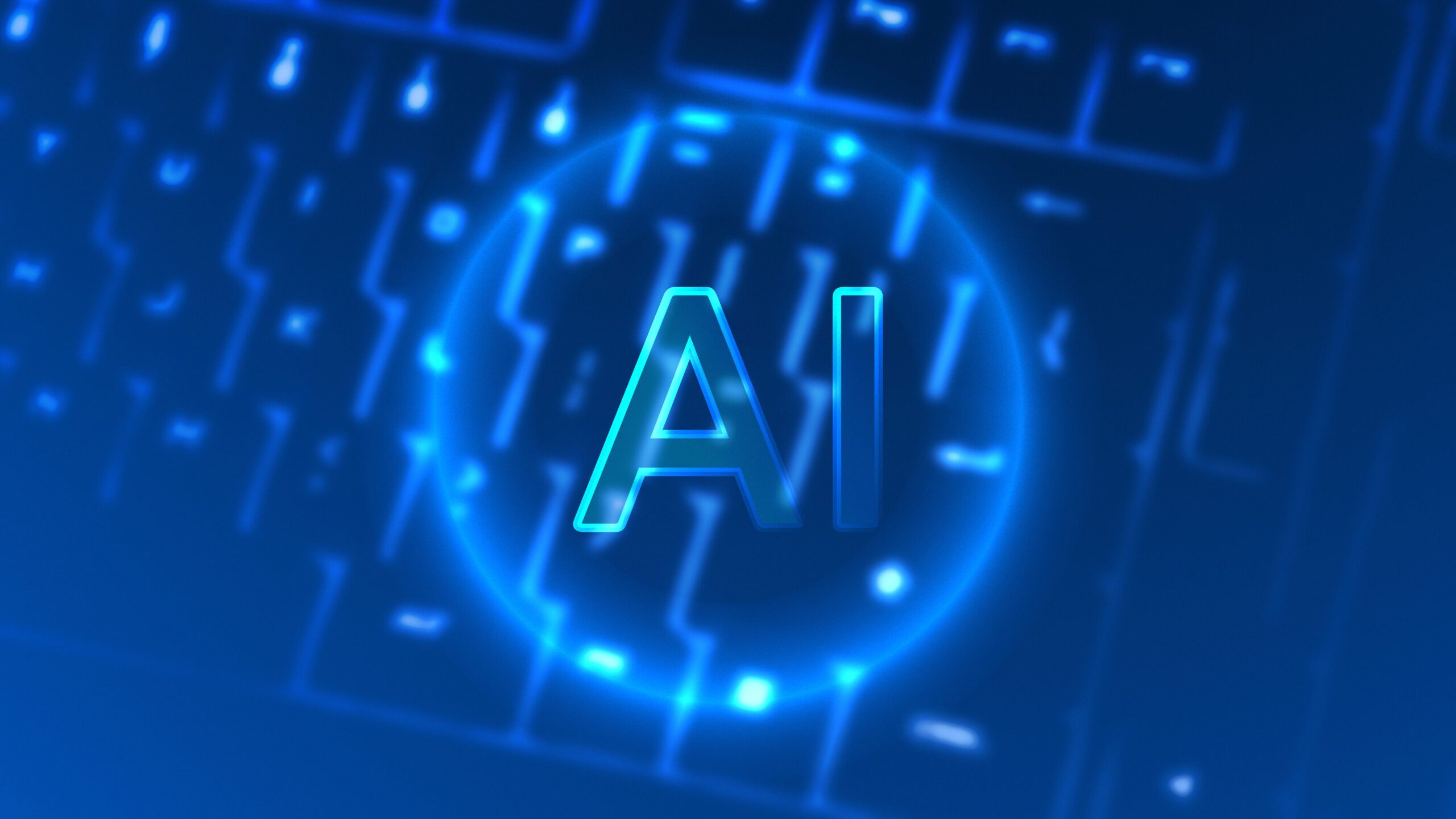Unlocking the Potential of Responsible AI Innovation
In a historic move, the United States, Britain, and over a dozen other countries have joined forces to introduce what is hailed as the first detailed international agreement to ensure the safety of artificial intelligence (AI). This groundbreaking accord emphasizes the crucial need for companies to prioritize security in the development and deployment of AI systems.
The Foundation of the Agreement
Unveiled in a 20-page document, the agreement outlines the shared commitment of 18 countries, including Germany, Italy, Australia, and Singapore, to create AI systems that are “secure by design.” While the agreement is non-binding, it sets forth essential recommendations, urging companies to monitor AI systems for potential abuse, protect data from tampering, and carefully vet software suppliers.
Shifting Priorities: Safety Over Speed
Jen Easterly, the director of the U.S. Cybersecurity and Infrastructure Security Agency, emphasized the significance of this agreement, highlighting that it marks a departure from the conventional focus on bringing AI features to market quickly. According to Easterly, the guidelines underscore “an agreement that the most important thing that needs to be done at the design phase is security.”
Addressing the Risks
The framework addresses critical questions surrounding the security of AI technology, particularly in preventing unauthorized access and manipulation by hackers. Among its recommendations is the necessity for thorough security testing before the release of AI models.
However, the agreement falls short of delving into complex issues related to the ethical use of AI and the gathering of data for training these systems.

The Global Landscape
As the weight of AI in industry and society grows, governments worldwide are taking steps to influence the development of this transformative technology. Europe, in particular, has been ahead in implementing regulations around AI, with lawmakers drafting rules to govern its responsible use.
Voices of Experts and Critics
While the international community is rallying for responsible AI development, critics like Frank McCourt express concerns about the concentration of power among tech giants. On the other side, proponents, including Jimmy Wales, founder of Wikipedia, see potential shifts with open-source models challenging corporate-controlled AI dominance.
The Road Ahead
This agreement is the latest addition to a series of global initiatives attempting to shape the trajectory of AI. The Biden administration has been advocating for AI regulation, but a polarized U.S. Congress has made limited progress in enacting effective legislation.
Conclusion: Shaping a Secure Future
As AI continues to permeate various aspects of our lives, the international commitment to prioritize security in its development is a significant step forward. This landmark agreement emphasizes the importance of responsible innovation, setting the stage for a more secure and ethical AI landscape.
